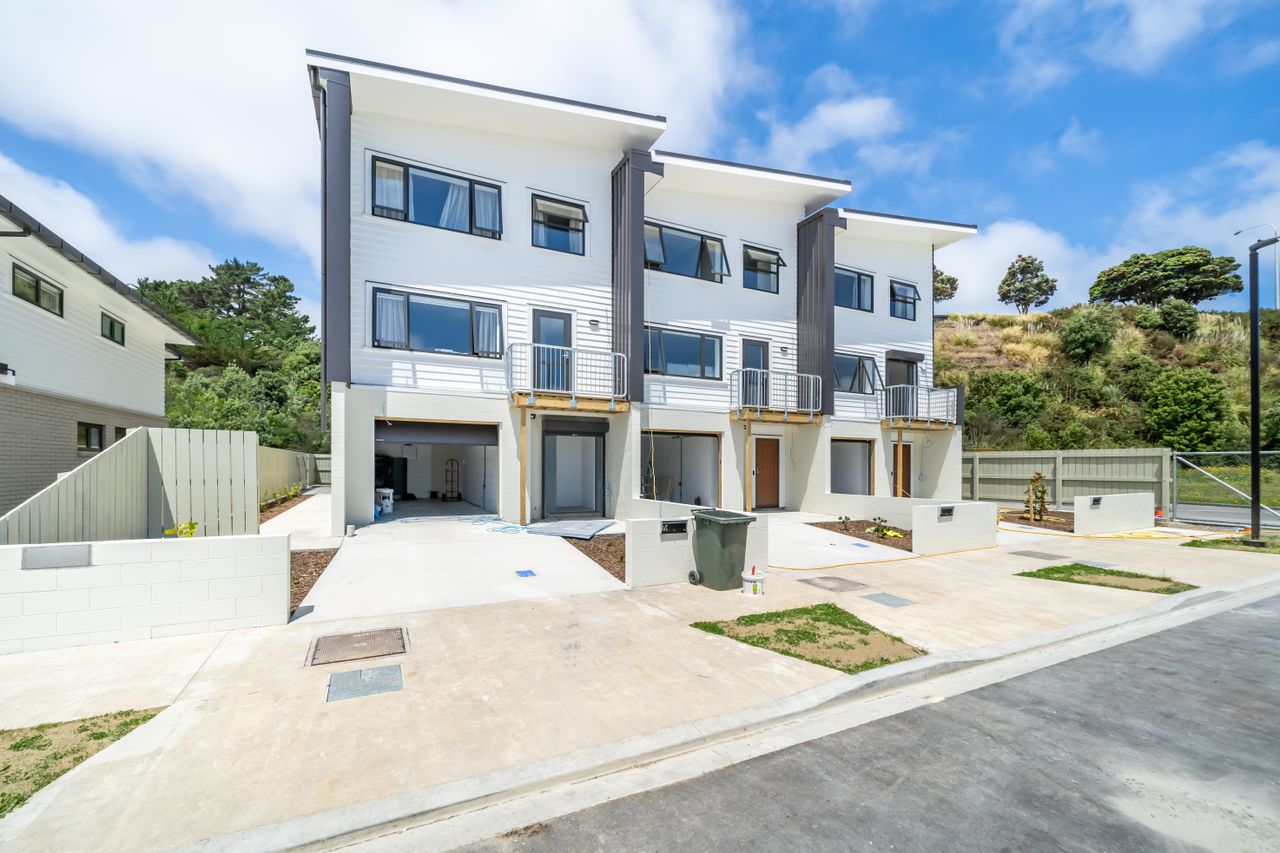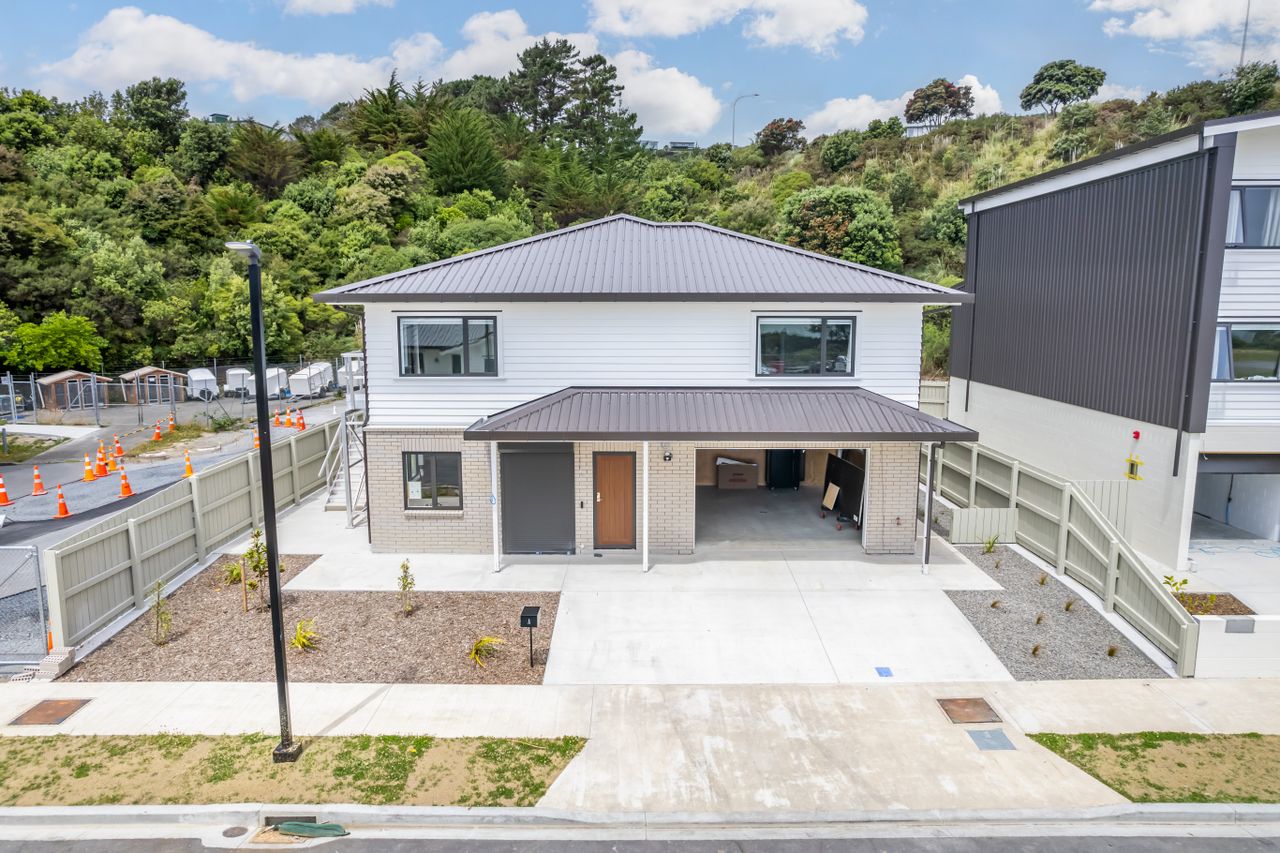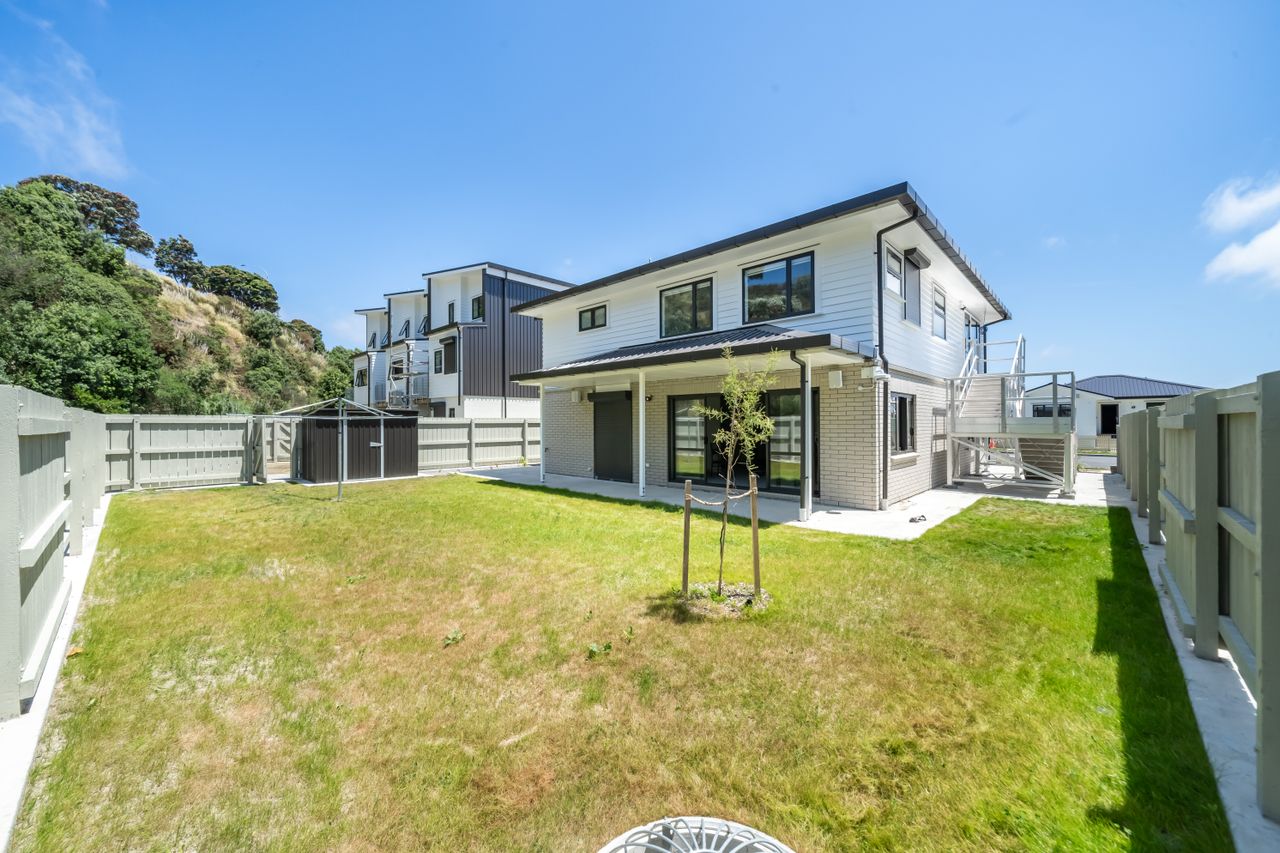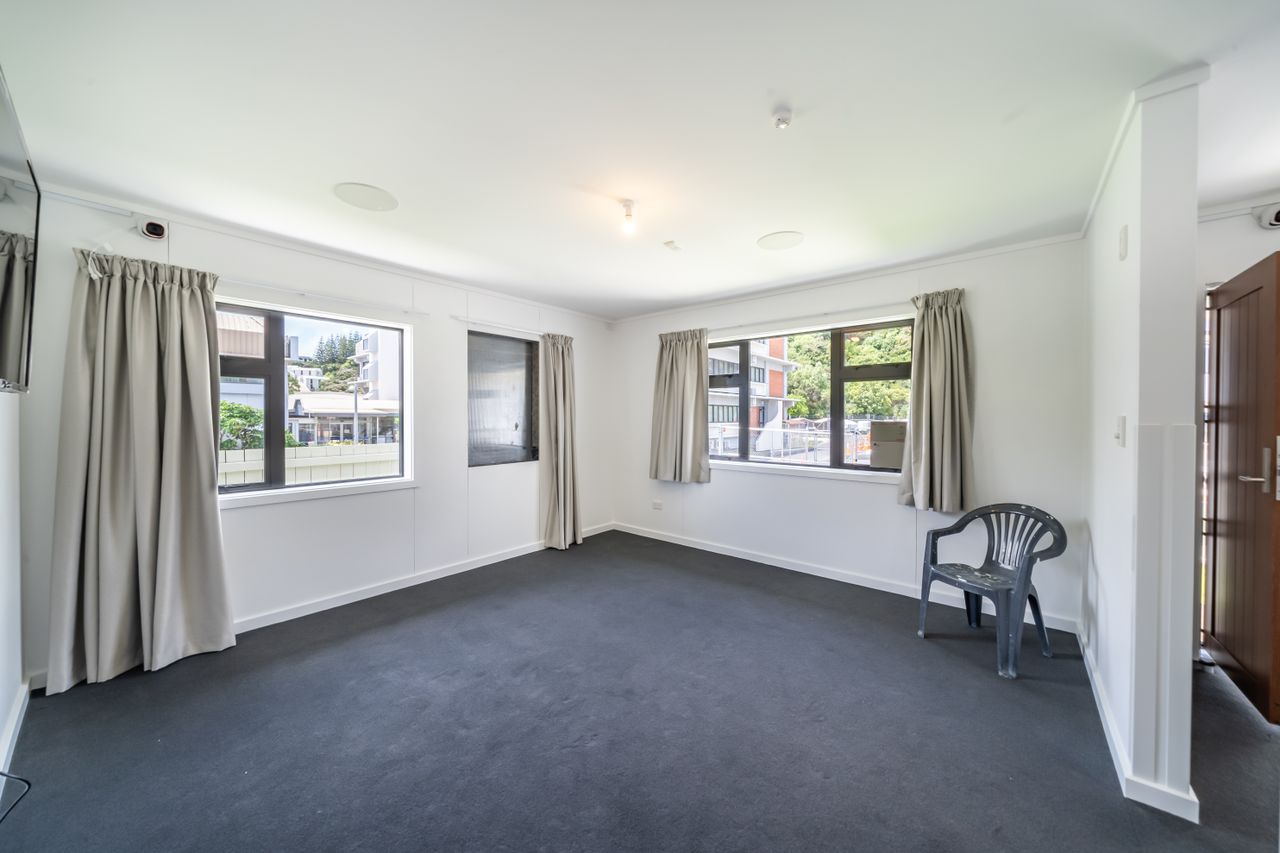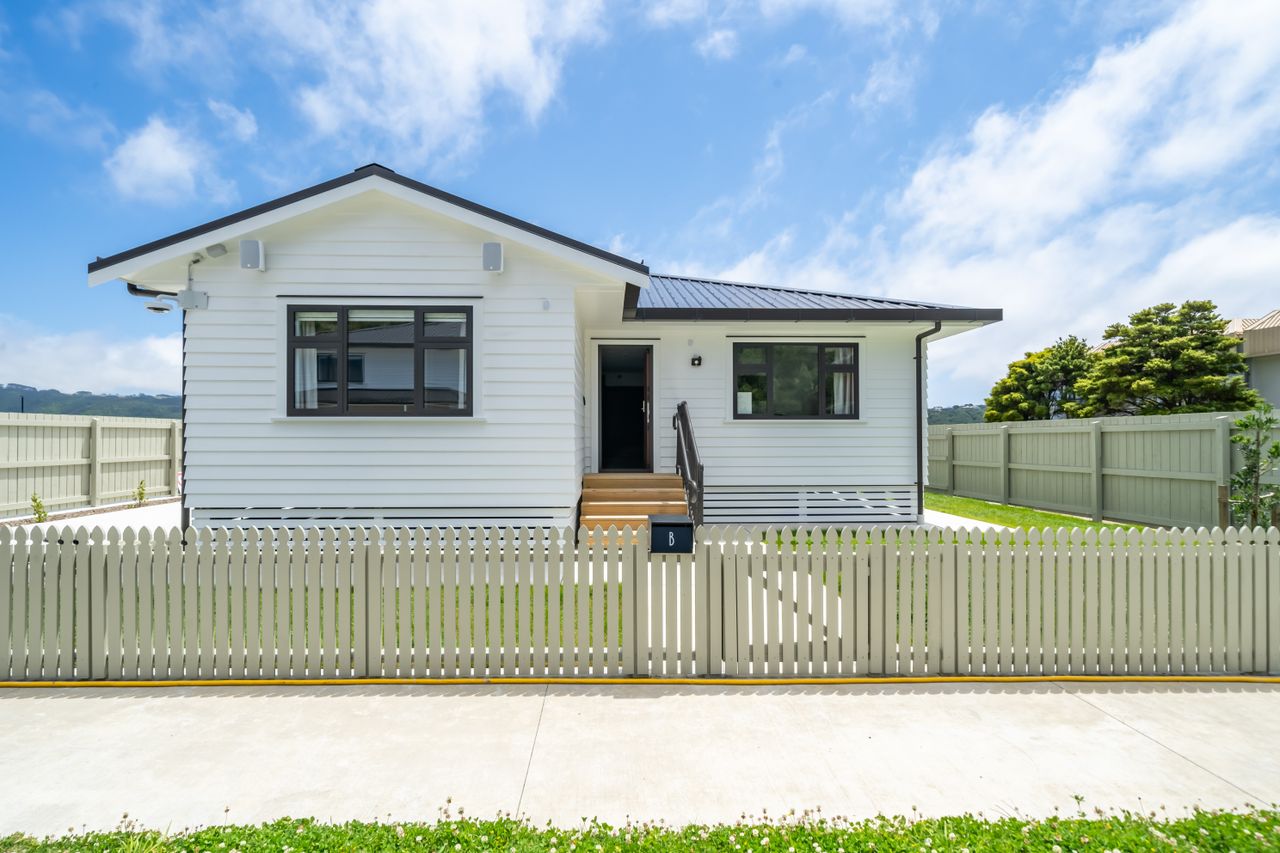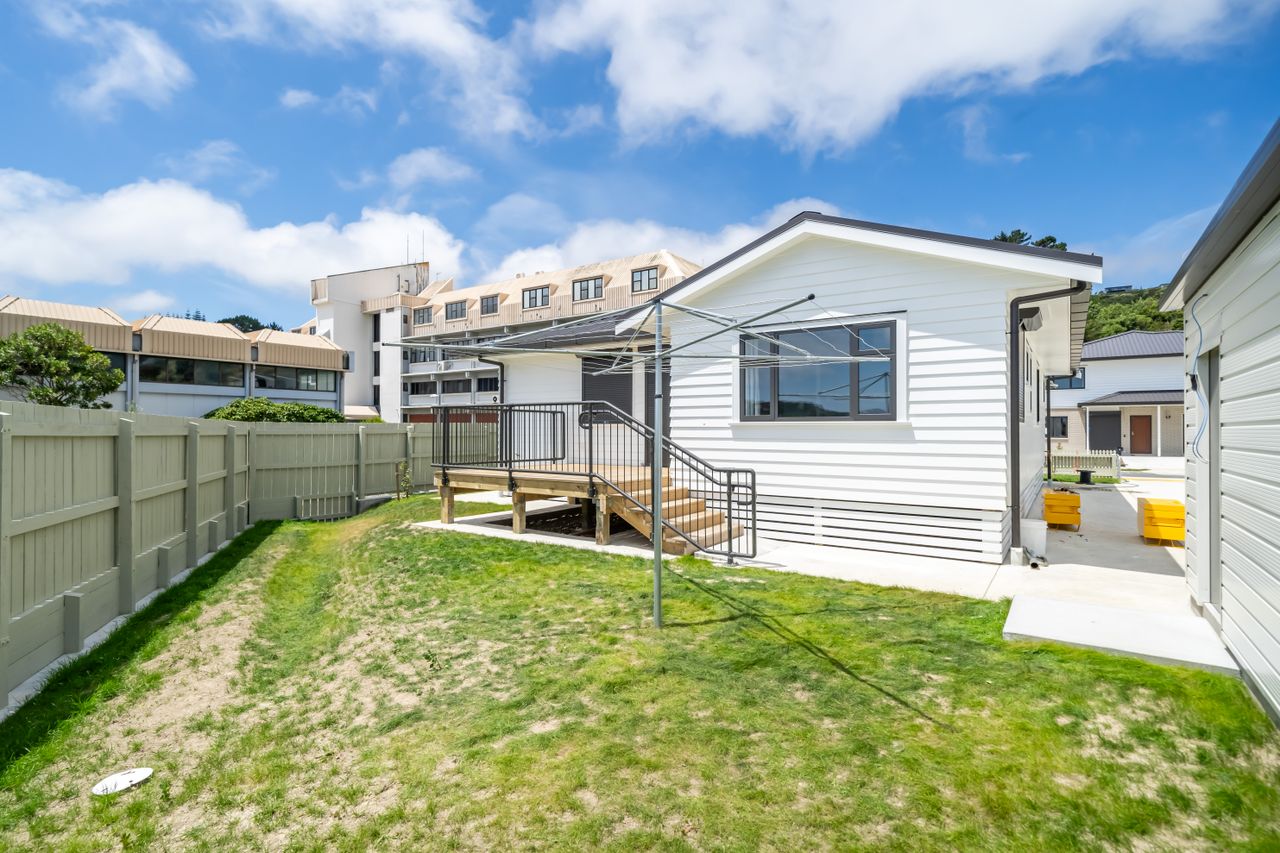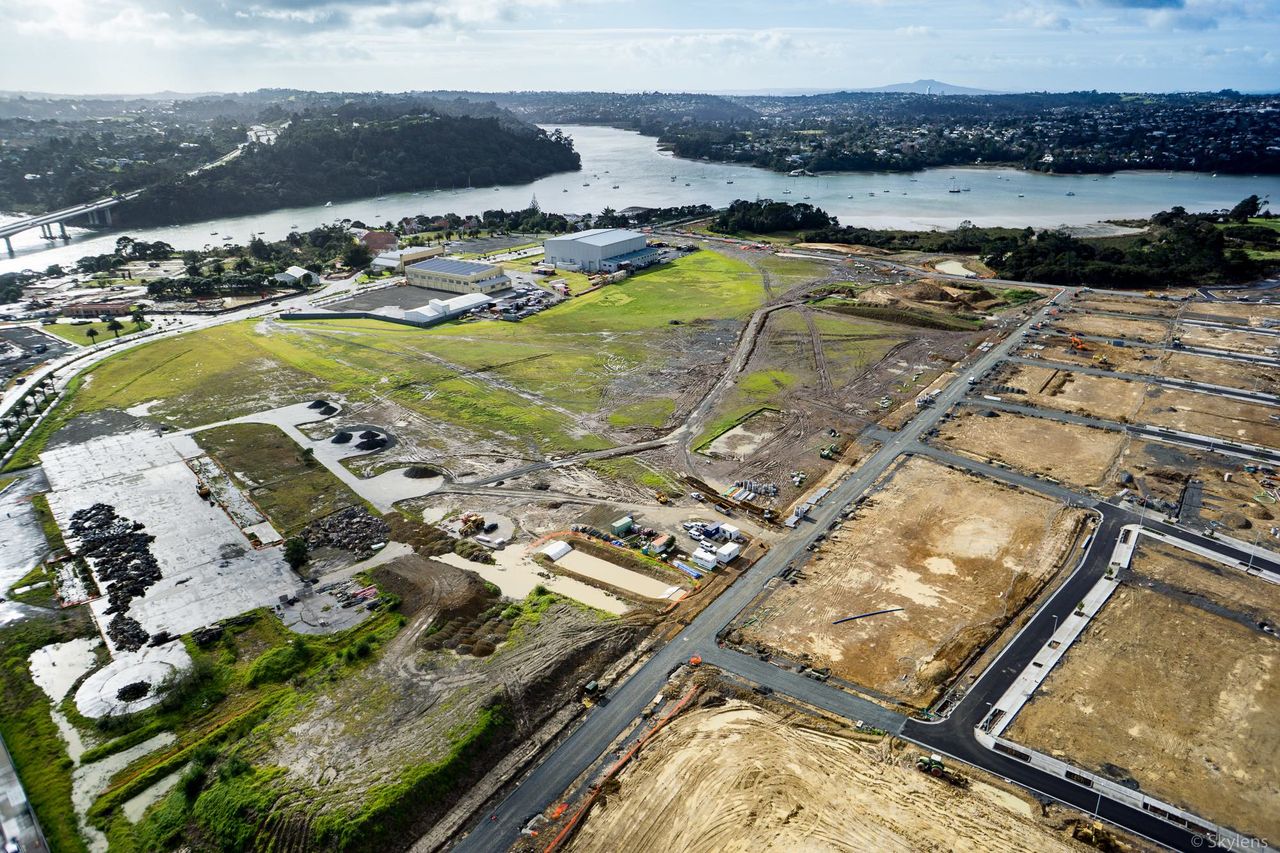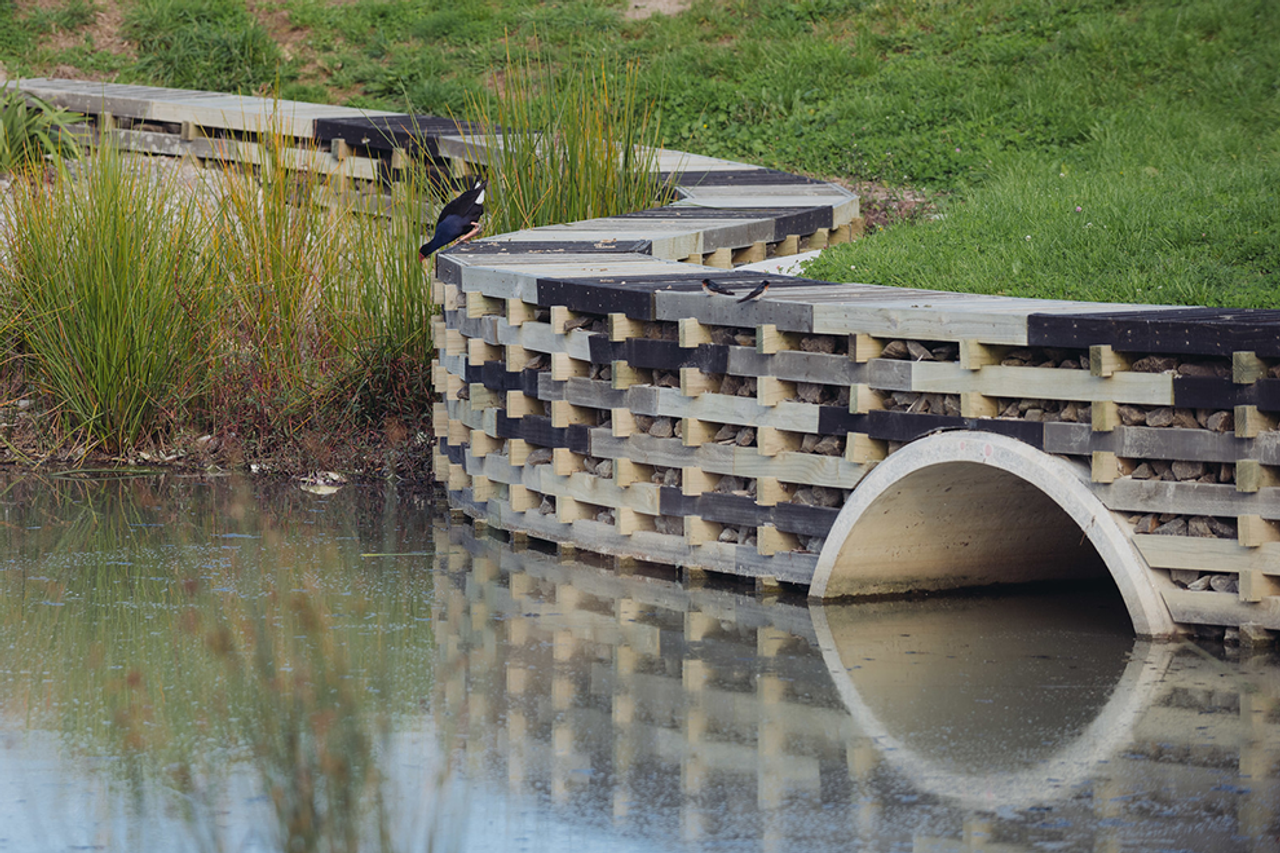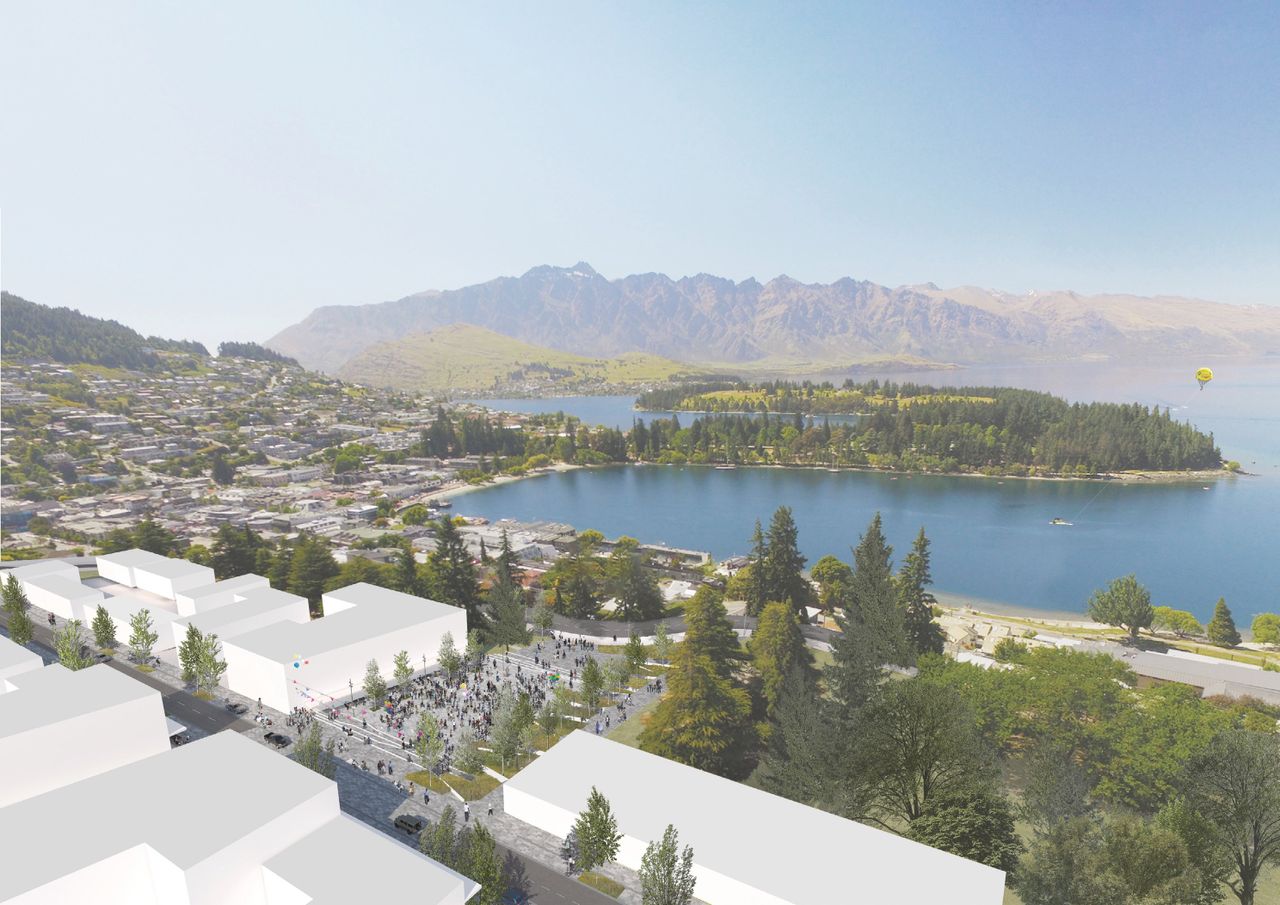Projects
NZ Police College Scenario Village
Client
- NZ Police
Project Leads
Location
- Wellington
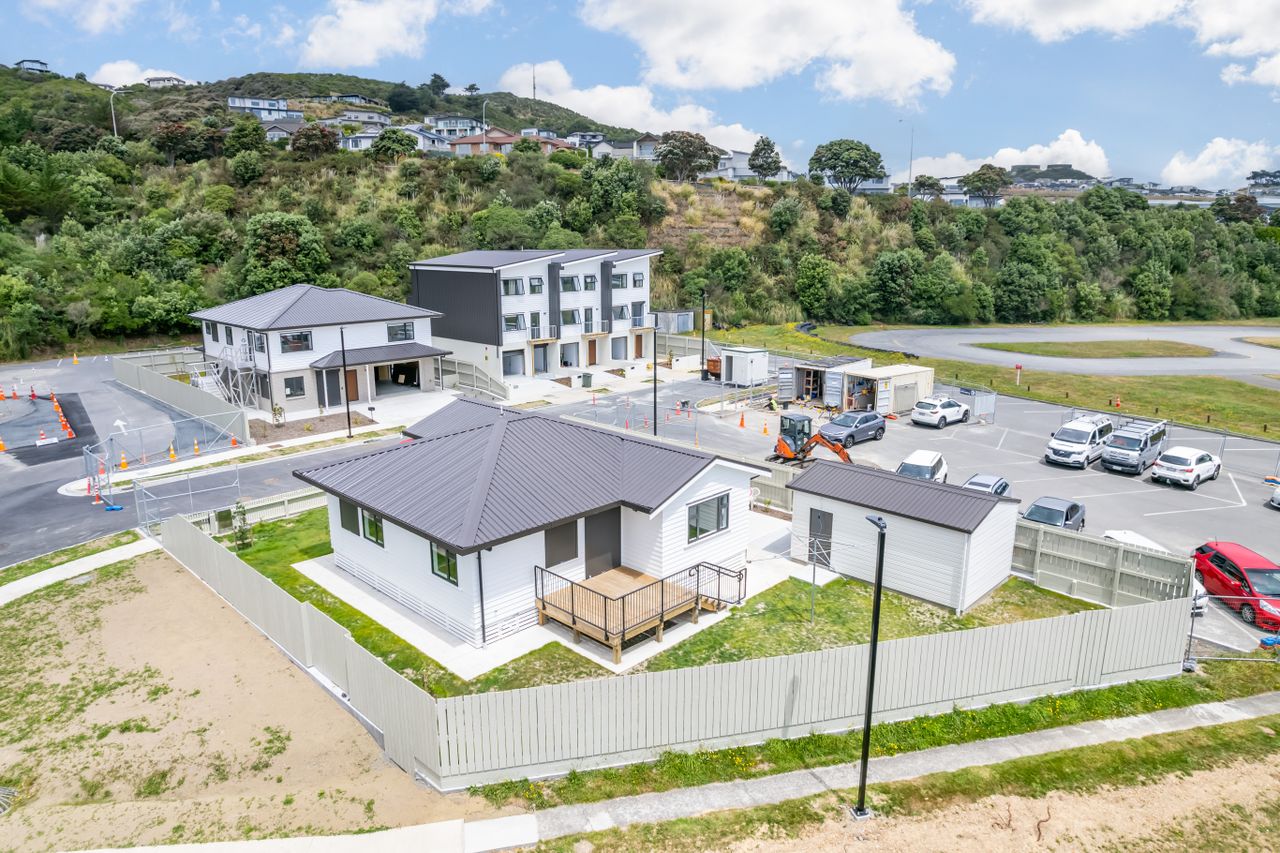
In response to the tragic murder of Constable Matthew Hunt during a traffic stop in Massey, Auckland in 2020, the NZ Police embarked on a significant initiative that will transform police training. The tragic incident underscored an urgent need for a more effective training environment, leading to the development of the Scenario Village in Porirua, the nation's first dedicated facility for realistic training. This undertaking has not only advanced Police training capabilities but also set a benchmark in the industry.
Previously, Police training occurred in makeshift environments, including large warehouses with inflatable walls that proved inadequate for simulating real-world scenarios. To address this, new modular systems were introduced, a solution designed for practical, immersive training across the country. The facility, designed by Hassall Architects (Australia), represents a substantial leap forward from the outdated methods.
The project commenced with design work in November 2021, civil works in November 2022, and was completed in December 2023. RCP managed the project throughout, from initial concept design to final completion, and provided engineer to contract services for both the civil and building works. This integrated approach facilitated a streamlined workflow, ensuring that all phases of the project aligned seamlessly.
The Scenario Village features a variety of training environments, including a single-storey state house, a spacious two-storey residence, and three townhouses. Each building is carefully furnished to replicate real living conditions while integrating essential training features. To balance realism with durability, plywood was painted to resemble plasterboard, avoiding vinyl and GIB to withstand frequent use. Specialised elements, such as breachable windows and doors imported from the U.S., are designed to endure battering ram impacts, and Perspex is used instead of glass for effective breaching practice.
A key challenge was the tight schedule, particularly for Stage One of the project and the site's designation as being for Police purposes under the Resource Management Act was leveraged, helped simplify the resource consent process considerably. By adhering to the 3,000m2 limit, additional consents were also avoided.
Stage Two, which is currently on hold due to funding constraints, involves developing a commercial strip with various shops, including potential bottle stores and vape shops, a three-storey commercial building, transitional housing, a gang pad, a large shed, a petrol station, and a police station. Although RCP are prepared to advance this phase, the timing remains uncertain.
The project was aided by the client's land ownership and the existing site designation. By repurposing a former car park, the project bypassed significant in-ground risks and simplified groundwork and infrastructure installation. The primary challenge lay in accurately capturing and addressing the diverse needs of stakeholders. An example included one building’s ceiling being reinforced for realistic training scenarios involving dogs, and a two-storey house was outfitted with washable carpet for forensic training, facilitating easy cleanup of simulated blood and fingerprint dust. The team collaborated closely with Hassall Architects and around twelve distinct training arms such as the Armed Offenders Squad, Police Dog Team, frontline officers, and multiple teams within the NZ Police organisation.
One of the major challenges was managing stakeholder concerns. Despite NZ Police’s structure, which facilitated escalations to higher management, escalation was a complex task. Frequent changes in client representation further complicated matters. With five different client representatives (due to high staff turnover), stability was initially an issue. However, once a consistent client representative was embedded, RCP helped provide the continuity and stability.
Budget management was also a significant challenge, particularly post-COVID, with fluctuating material costs. Despite these constraints and the client's difficulties in fund allocation, RCP excelled in delivering the project ahead of schedule and within budget, resulting in surplus funds.
By initiating the project in stages rather than waiting for full completion, the team were able to address the client's urgent needs promptly. This approach not only provided a functional solution swiftly but also eased the transition during changes in government.
RCP’s effective project management and procurement advice amid client staff turnover and budget constraints, underscored a commitment to delivering tangible outcomes. The facility was completed in approximately eight months, an impressive feat considering its complexity and it has significantly enhanced public safety by providing enhanced training for NZ’s frontline officers.
The Scenario Village has set a new standard for realistic training facilities and has been lauded by stakeholders, including a letter of thanks from the Assistant Commissioner and the master plan, led by RCP, will ensure future expansion will be seamless.
